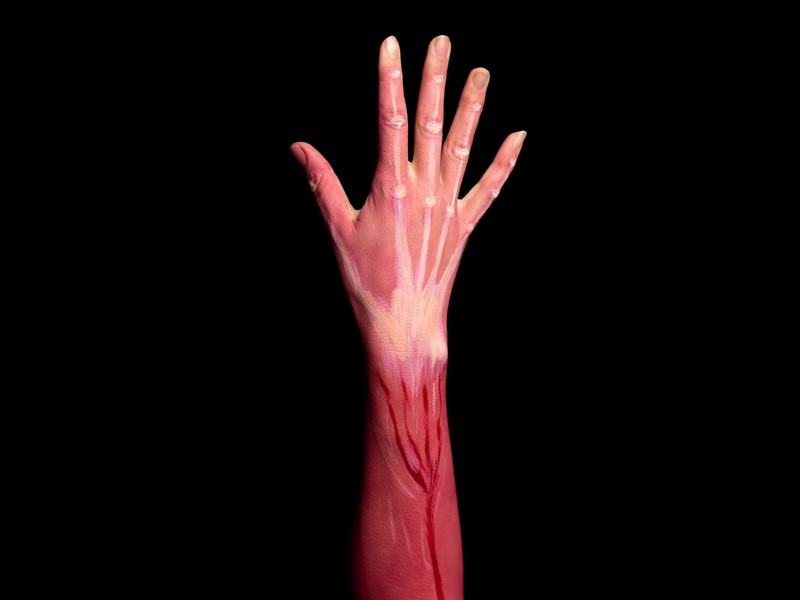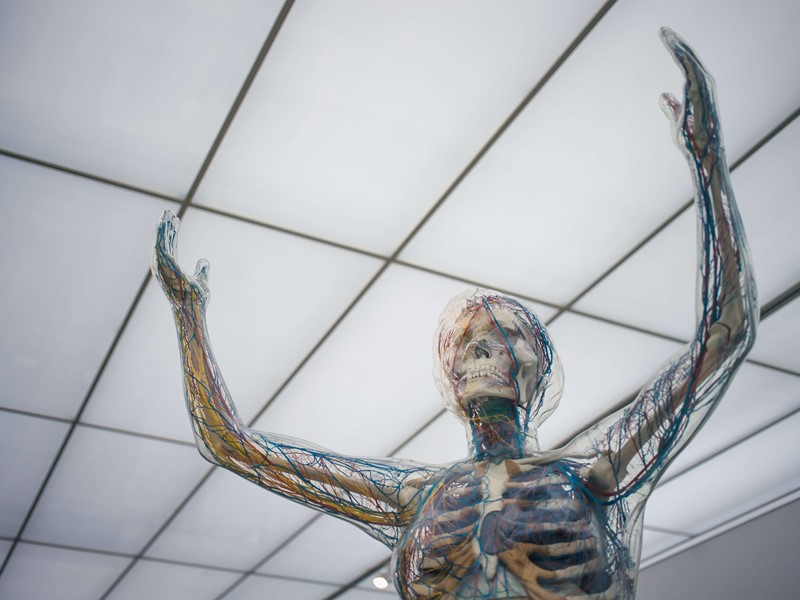
Migraines
Many individuals suffer from severe headaches classified as migraines, which can last anywhere from a few hours to several days. The pain from extreme cases can entirely prevent individuals from functioning with daily activities. Conducting a neurological assessment can help determine why they're occurring, and how best to treat them.

Parkinson's
As neurons in the brain begin to die or deteriorate, the nervous system can progressively cause the body to experience tremors, stiffness, or slow movements. Parkinson's is most commonly noticed in the mid to late stages of life, largely affecting men in comparison to women. Anything from shakes, difficulty thinking, swallowing problems, and strenuous bowel movements can signify the onset of this disease.

Epilepsy
Considered the fourth most diagnosed neurological disorder among people of all ages, individuals suffer from unpredictable seizures caused by brain injuries, genes, or unknown factors. Stemming from the brain, seizures can occur at any time and range in severity from patient to patient. Conducing neurological testing from specialists can help determine what type of epilepsy you may have, and what kind of treatment could be necessary.

Dystonia
Unlike epilepsy, dystonia causes spasms and uncontrollable contractions within the muscles, resulting in constant movement in one or more parts of the body. Common affected areas include the neck, jaw, tongue, vocal chords, hands, arms, and eyelids. Due to symptoms related to other neurological disorders, consulting a specialist can determine if dystonia or other disorders are occurring.

Narcolepsy - Obstructive Sleep Apnea
If extreme daytime drowsiness or sudden and immediate bouts of sleep occur, individuals may be suffering from narcolepsy. Classified into either type 1 or type 2, the severity of the disorder can cause loss of muscle tone, known as cataplexy (type 1), or without the loss of muscle tone (type 2). Although there is no direct cure, medications and changes to daily lifestyle can help individuals endure this lasting condition.

Restless Leg Syndrome
When the legs are seemingly compelled to move followed by mild to severe discomfort, individuals may be suffering from restless leg syndrome (RLS). Approximately 7 - 10 percent of Americans are estimated to experience RLS with no known cause. To best determine how to treat specific cases of RLS, specialists can recommend physical therapies, diet changes, or medications to alleviate symptoms.

Neuropathy
Neuropathy is caused by damage caused to the nerves, resulting in heightened sensations of pain, loss in muscle movement, throbbing in the muscles, or potential paralysis. Damage can be caused by autoimmune diseases, tumors, infections, binging alcohol, or vitamin deficiencies. Immediately consult a specialist if you notice any of these symptoms to prevent more damage to the nerves.

Nerve Conduction Studies
Specialists who conduct a nerve conduction study (NCS) can evaluate how quickly nerves respond to electrical stimulation. This can determine the integrity of nerves while isolating damage throughout the body. Depending on the speed and distance of the stimulation across the nerve, specialists can diagnose diseases that may be affecting the area.

